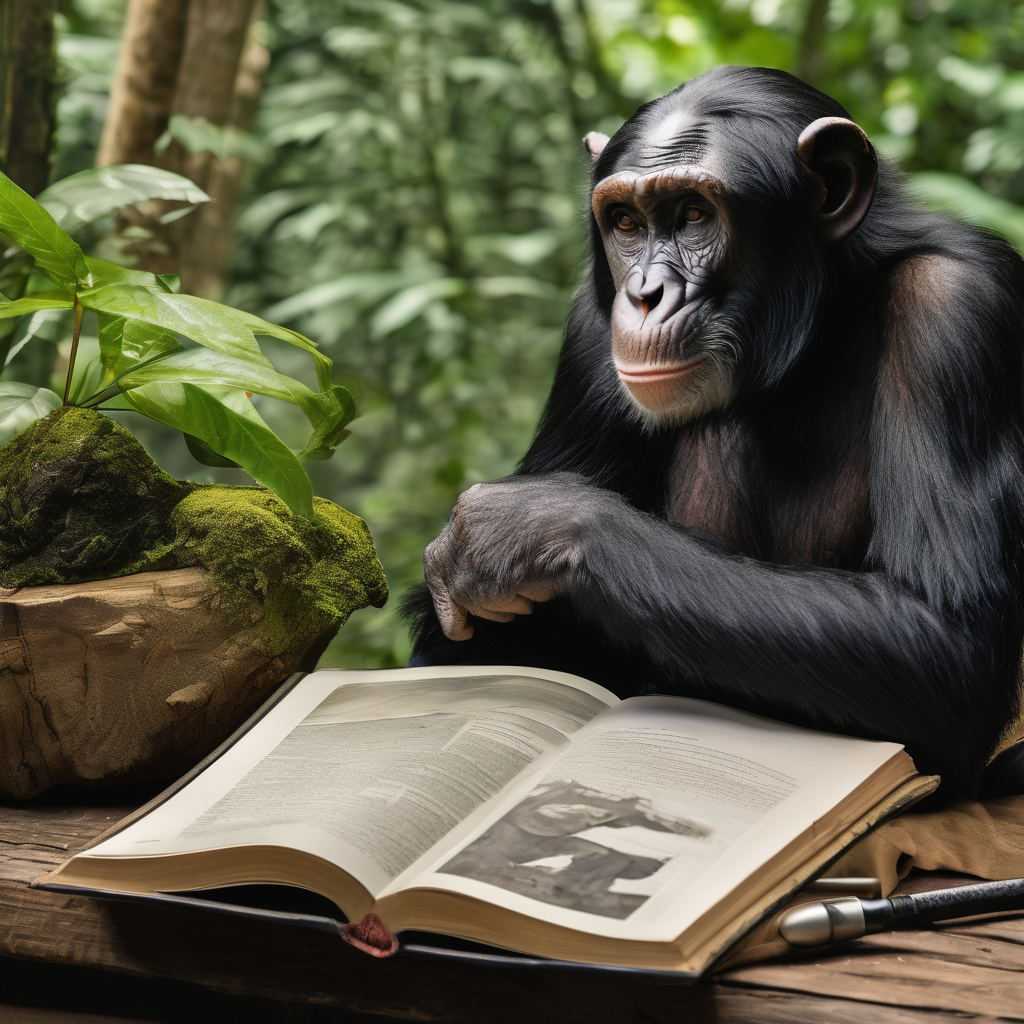Jane Goodall, the esteemed British primatologist celebrated for her groundbreaking work with chimpanzees, passed away on October 1 at the age of 91 while on a speaking tour in California. According to the Jane Goodall Institute, her death was attributed to natural causes.
Goodall’s pioneering research in Gombe National Park in Tanzania marked her as a trailblazer in the field, particularly when she became the first scientist to discover that chimpanzees not only make tools but also use them for various purposes. This revelation fundamentally shifted the perception of primate intelligence and behavior, leading her to advocate for conservation, human rights, and animal welfare, including efforts to halt the use of animals in medical research. In 1977, she founded the Jane Goodall Institute, a non-profit organization dedicated to wildlife conservation based in Washington, D.C.
Goodall’s influence extended beyond scientific research; she humanized primates through her innovative approach. While pursuing her PhD at the University of Cambridge, she broke away from the conventional scientific practice of identifying animals by numbers, opting instead to assign them names. For example, she named a male chimpanzee with silver facial hair David Greybeard. This was initially met with skepticism as being “unscientific,” but it has since become a standard practice in animal studies.
Mireya Mayor, a primatologist at Florida International University, praised Goodall’s ability to stretch the boundaries of science while maintaining rigor. Goodall’s research not only shed light on the emotions, empathy, and culture of chimpanzees but also reshaped how animal behavior studies are conducted. Her pivotal findings, including the revelation that chimpanzees engage in meat-eating, hunting, and even conflict, significantly altered understandings of both animal and human behavior.
Moreover, Goodall’s legacy extends to inspiring women in science. Her journey from being a young woman without formal scientific training to a leading figure in zoology served as a beacon for generations of female scientists. In 1961, she was one of the rare students accepted into a PhD program at Cambridge without an undergraduate degree and completed her doctorate in 1965.
Alison Behie, an anthropologist from the Australian National University, credited Goodall with inspiring her to switch from microbiology to anthropology after hearing her speak. In an emotional moment, Behie later introduced her own students to Goodall, completing a full circle of inspiration that will undoubtedly continue to impact future generations.
Goodall’s extraordinary contributions to primatology and dedication to conservation are a testament to her lasting influence on both science and society. Her work not only exemplifies the potential of individual effort but also offers hope for the ongoing dialogue surrounding animal rights and environmental stewardship.
